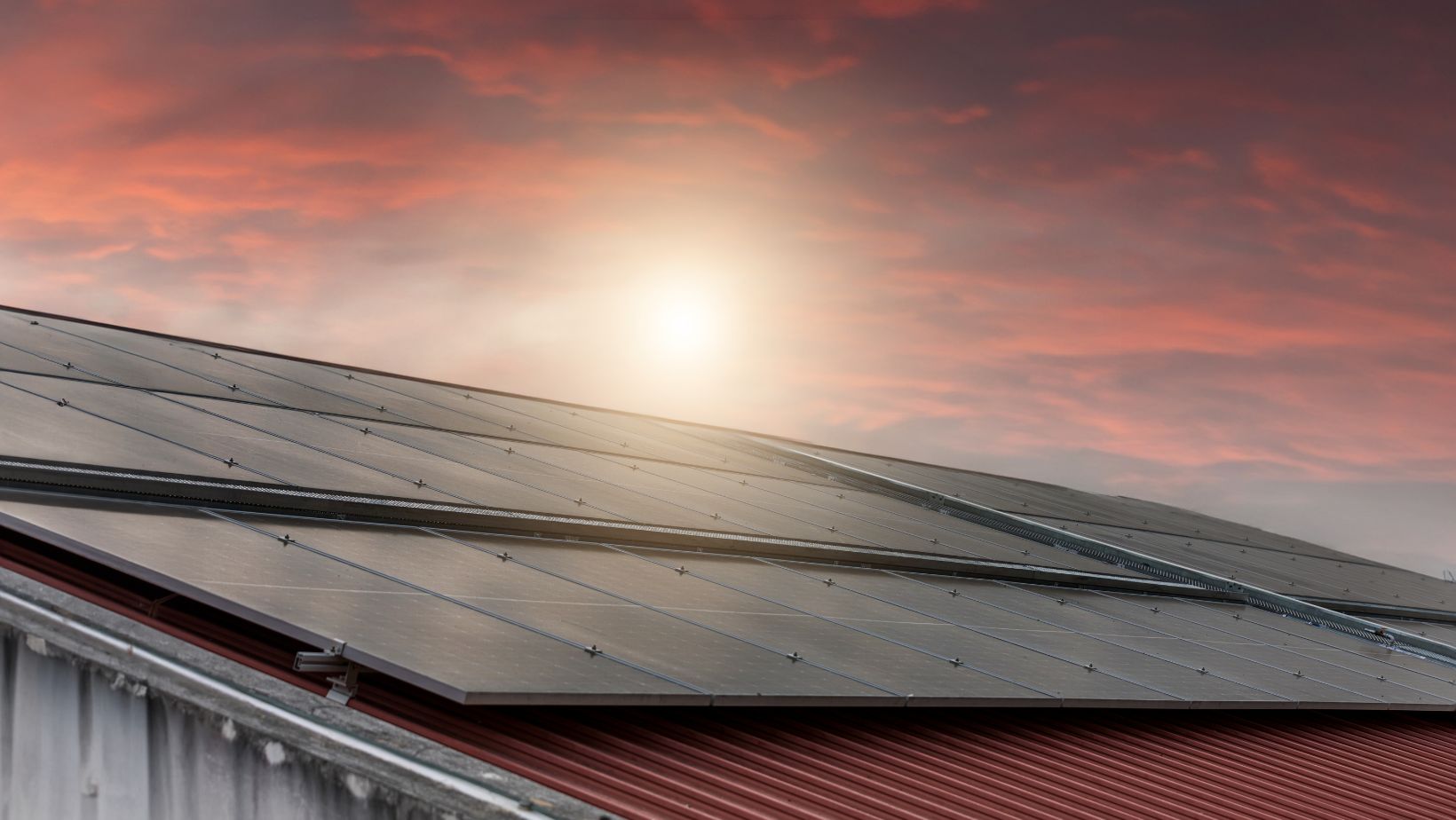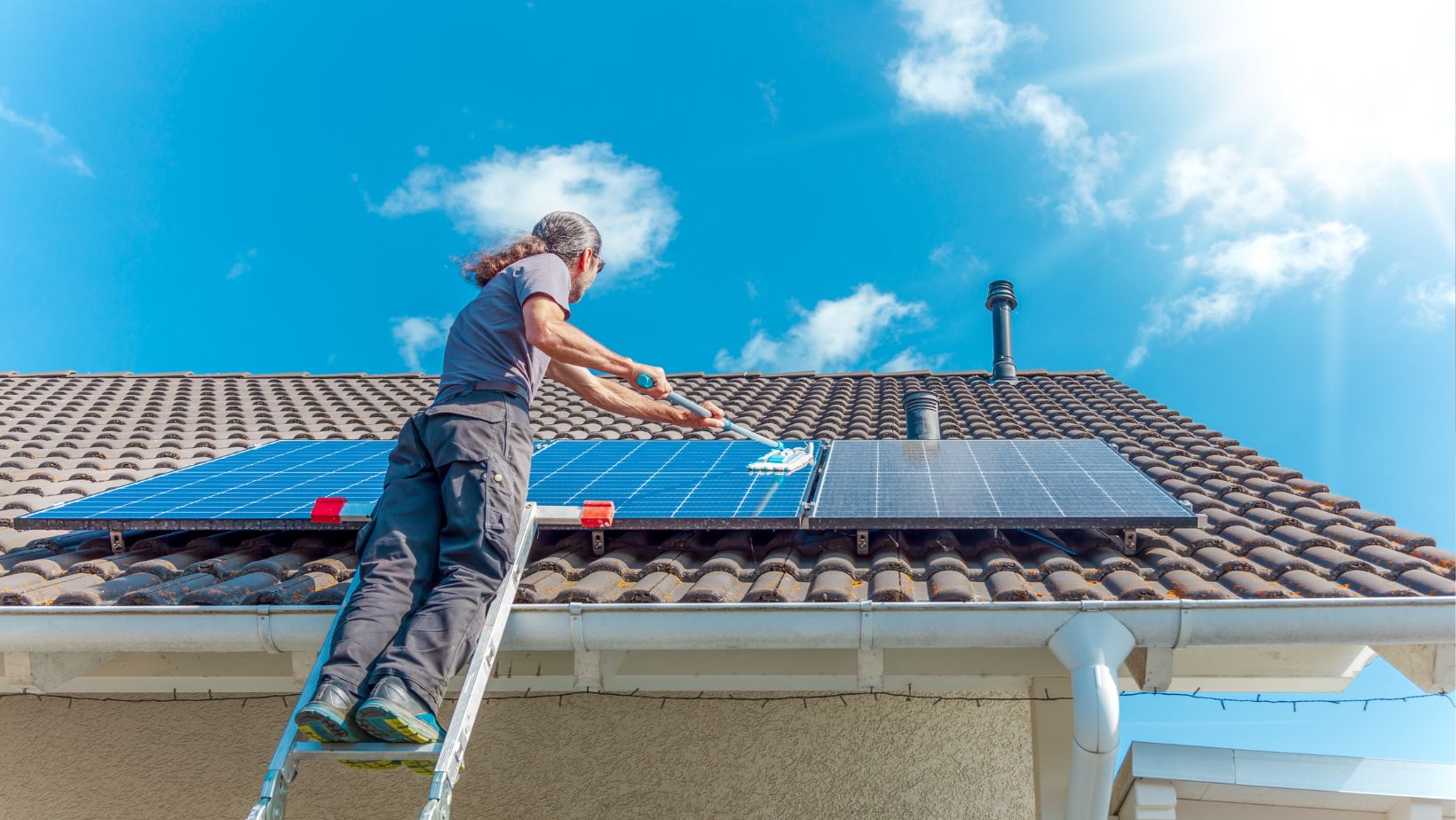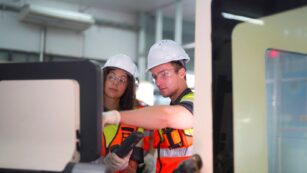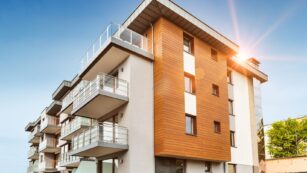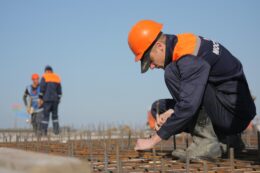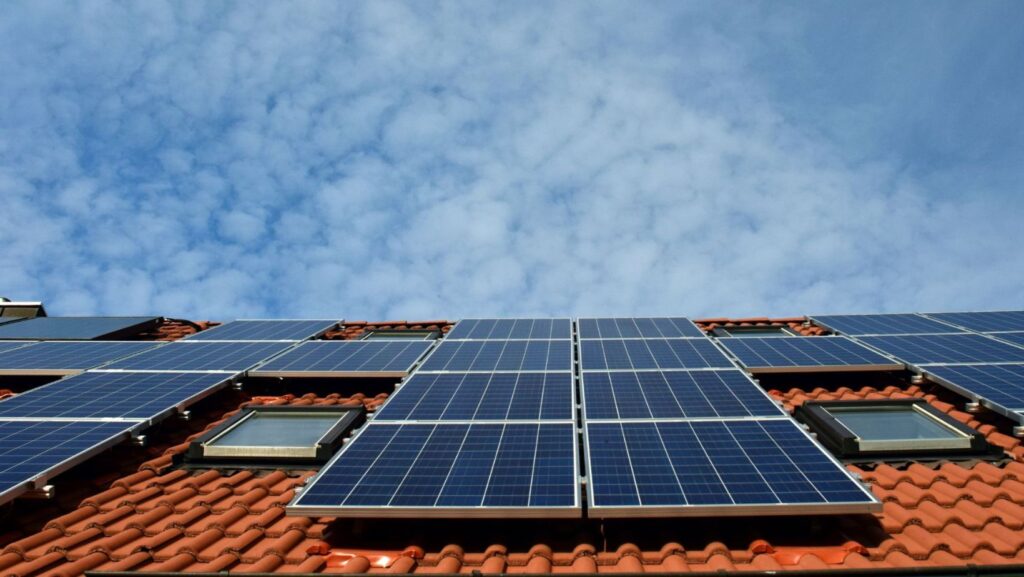
Are you thinking about going solar? It’s a fantastic way to harness renewable energy and cut down on electricity bills, but before you dive in, there are some important safety considerations to keep in mind. Installing solar panels isn’t just about picking the right system; it’s also about ensuring your home is ready for this upgrade. From checking the structural integrity of your roof to choosing a qualified installation team, each step plays a crucial role in making sure your solar journey is smooth and secure. Let’s explore what you need to know to make informed decisions and enjoy the benefits of solar energy safely.
Safety Considerations Before Installing Solar Panels
Experts at Sun Valley Solar Solutions emphasize that before you decide to install solar panels on your roof, it’s crucial to evaluate the structural integrity of your home. A thorough assessment can help identify any potential issues that might compromise the safety and effectiveness of your solar installation. Look for signs of wear and tear, such as leaks, cracks, or missing tiles. These could indicate that your roof needs repairs or reinforcement before it can support the additional weight of solar panels. Ensuring your roof is in good condition not only protects your investment but also enhances the longevity and performance of the solar system.
Choosing a professional installation service is equally important. Certified specialists have the expertise to install solar panels safely, minimizing risks like leaks and electrical hazards. They use high-quality equipment that meets stringent safety standards, ensuring your system operates efficiently and safely. Here are some key points to consider:
- Professional Installation: Opt for certified photovoltaic (PV) specialists who follow industry best practices.
- Quality Equipment: Ensure the equipment used is top-tier and backed by warranties.
- Safety Standards: Verify that all components meet mandated safety requirements.
By taking these steps, you can enjoy peace of mind knowing that your solar panel installation is both safe and reliable.
Health Impacts of Solar Panels
When it comes to the health impacts of solar panels, there are several misconceptions that often cause unnecessary concern. One common myth is that solar panels emit harmful radiation. In reality, the electromagnetic fields (EMFs) produced by solar panels are extremely low and comparable to those emitted by everyday household appliances such as refrigerators and microwaves. These EMFs are non-ionizing, meaning they do not have enough energy to remove tightly bound electrons from atoms or molecules and thus are considered safe for human health. It’s important to understand that the term “radiation” can sound alarming, but in this context, it refers to a natural and harmless phenomenon.
Another concern some people have is about the materials used in solar panels. Solar panels are constructed using materials like silicon, aluminum, and small amounts of metals such as cadmium and lead. However, these potentially harmful substances are securely encapsulated within protective layers, preventing any exposure under normal conditions. This design ensures that even if a panel is damaged, the risk of exposure remains minimal. To put your mind at ease, consider how other electronic devices in your home contain similar materials yet pose no health risks when properly handled and disposed of. By choosing reputable solar installers who adhere to safety standards, you can ensure that your solar panels are both practical and safe.
Solar Panels and Severe Weather
Solar panels are engineered to endure a variety of extreme weather conditions, ensuring they remain a reliable energy source regardless of the climate. Whether it’s hailstorms, high winds, or heavy snow, these panels are built to withstand the elements. A key component of their durability is the use of protective layers such as tempered glass. This robust material acts as a shield, safeguarding the photovoltaic cells from potential damage caused by severe weather events. Additionally, most modern solar panels are encased in durable frames made from materials like steel or aluminum, which provide further protection and structural support.
However, the resilience of solar panels during harsh weather is not solely dependent on their design. The quality of installation plays a crucial role in ensuring their longevity and performance. It’s essential to have your solar panels installed by certified professionals who adhere to industry standards and best practices. Proper installation techniques help prevent issues such as water ingress or wind uplift, which can compromise the integrity of the system. By choosing experienced installers and high-quality materials, you can ensure that your solar panels will continue to function effectively even in challenging weather conditions.
Fire Risks Associated with Solar Panels
When considering the installation of solar panels, it’s essential to be aware of the potential fire risks associated with improper installation or maintenance. While solar panels themselves are not inherently dangerous, the electrical systems they connect to can pose a risk if not handled correctly. Improperly installed panels may lead to electrical malfunctions, which could result in fires. To mitigate these risks, it’s crucial to engage certified professionals who have the expertise and experience to ensure that your solar panel system is installed safely and efficiently.
Certified installers follow industry standards and best practices, significantly reducing the likelihood of fire hazards. They utilize proper installation techniques and incorporate safety features such as rapid shutdown systems, which are designed to quickly de-energize the panels in case of an emergency. This feature is significant for protecting both your home and first responders in the event of a fire. By choosing a reputable solar installation company, you can enjoy the benefits of solar energy with peace of mind, knowing that potential fire risks have been minimized through professional oversight and advanced safety measures.
Environmental Benefits of Solar Energy
Solar energy offers a multitude of environmental benefits that make it an attractive option for those looking to reduce their carbon footprint. By harnessing the power of the sun, solar panels significantly decrease our reliance on fossil fuels, which are notorious for polluting the air and contributing to climate change. When you choose solar energy, you’re not just saving on your electricity bills; you’re also playing a part in improving air quality. This shift away from fossil fuels means fewer harmful emissions like carbon dioxide and sulfur dioxide are released into the atmosphere, leading to cleaner air and healthier communities.
Another compelling advantage of solar power is its role in water conservation. Unlike traditional power plants that consume vast amounts of water for cooling purposes, solar panels require no water during operation. This makes them an ideal choice for areas prone to droughts or water scarcity. Additionally, at the end of their lifespan, solar panels can be recycled, allowing valuable materials such as silicon and aluminum to be reused. This recyclability not only minimizes waste but also reduces the environmental impact associated with manufacturing new panels. By opting for solar energy, you contribute to a sustainable future with reduced greenhouse gas emissions and more efficient resource use.
Impact on Roof Longevity
Solar panels offer more than just energy savings; they can also extend the life of your roof. By acting as a protective barrier, solar panels shield your roof from direct sunlight, rain, and debris. This protection minimizes the wear and tear that typically occurs over time due to exposure to harsh weather conditions. With solar panels in place, your roof is less likely to suffer from damage caused by UV rays or heavy precipitation, which can lead to leaks and other structural issues.
Another advantage of installing solar panels is the cooling effect they provide. The gap between the panels and the roof allows for airflow, which helps maintain lower temperatures on the roof surface. Natural ventilation reduces heat absorption, keeping your home cooler during hot months and lowering air conditioning costs. To ensure that both your solar panels and roof remain in optimal condition, it’s advisable to schedule regular inspections. These check-ups can help identify any potential issues early on, ensuring the longevity and sustained performance of your solar energy system.
Summary
Before jumping into the installation of solar panels, it’s essential to consider a few safety aspects. First, take a good look at your roof’s condition. Any signs of damage, like leaks or missing tiles, might mean repairs are needed before adding the weight of solar panels. This step not only safeguards your investment but also ensures the solar system performs well over time. Additionally, opting for professional installation is crucial. Certified experts bring the know-how to set up solar panels safely, reducing risks such as electrical hazards and ensuring everything meets safety standards.
When it comes to health concerns related to solar panels, there’s a lot of misinformation out there. A common myth is that they emit harmful radiation, but in truth, the electromagnetic fields they produce are minimal and safe—similar to those from household appliances. Moreover, while solar panels contain materials like silicon and small amounts of metals, these are securely enclosed within protective layers, minimizing any risk of exposure. By choosing reputable installers who follow safety guidelines, you can rest easy knowing your solar panels are both practical and safe for your home.

